Between $3,000 cameras, $1,000 lenses, $500 speedlights, and $300 LED panels, photo studio costs can add up quickly. It can also be a pain to store and transport all your gear, especially when you add 16-pound c-stands and giant octaboxes into the mix. “Not only do photographers have to haul everything from shoot to shoot, but they also need to insure their belongings and constantly upgrade to the latest technology,” the 500px team says. Thankfully, there’s a simple solution to all of those pitfalls: rent before you buy.
In commercial photography, adapting to new trends, trying different genres, and diversifying your portfolio are key to long-term success—but you don’t have to spend a fortune in the process. In this quick guide, we’ll cover why you should consider renting a variety of gear, from lighting to lenses, when shooting for advertising clients and creating content for your Licensing portfolio.
Four tips from the team at 500px
Try first, buy later
Always give new equipment a test run before investing. If it works for your practice and you see yourself using it again, consider investing. “A lot of companies will use the rental fee as a down payment towards the purchase of your equipment,” the 500px team advises. Another way to save on gear is to buy second-hand.
Apply for a corporate account
Many rental spots offer “corporate accounts” with added perks for pros. Aperturent Camera Rentals in Atlanta, Dallas, and D.C., for instance, provides benefits such as one-day rentals, prioritized new equipment requests, and more for corporate account holders. Vistek in Canada offers priority pick-up and drop-off, among other benefits, so you don’t have to wait in line. Ask your local shop if they have something similar.
Check out student discounts
“Most rental companies will offer a small discount with a valid student ID,” the 500px team explains. Some camera stores, such as B&H in New York, also offer discounts for educators, so check with your local shop.
Inspect before you leave
Check all the gear before you leave the shop to make sure everything’s there and in good, working order. If there’s a problem, you can address it then, and you won’t get blamed for it in the future. Also, get that rental insurance; it’s worth the cost to save yourself a major headache.
Rental ideas, from cameras to tripods
Cameras and lenses
A camera body is a major investment, so try a few options before settling on one system over another. While a DSLR might be ideal for studio-based photographers, you might prefer a mirrorless body if you plan to travel for shoots. You can also get creative with unexpected choices, such as vintage film cameras. “Testing out different operating systems can help you determine a brand to stick with,” the 500px team says.
Commercial photography is all about variety, so you want to be able to shoot from plenty of different angles and perspectives. Changing up your lenses is a great way to introduce some shot diversity; use a wide-angle for landscapes, and then switch to a standard lens for portraits. Introduce a telephoto for sports photography, and try a macro lens for close-up subjects.
While zoom lenses do offer some versatility, prime lenses tend to be sharper. Lenses can get (very) expensive fast, so renting is your best bet until you’re ready to invest.
Studio lights
Natural light can be magical, and all you need for some lifestyle sessions is a great reflector. But once you get into the studio, you might crave more control. That’s where studio lights, from LEDs to strobes, come into play. These tools will allow you to shoot just about anything, whether you’re experimenting with color effect gels or using a monolight and octabox combo for beautiful portraits. “Tungsten, LED, fluorescent, strobes, even battery packs and generators—all of these lights can give your images a completely different perspective and aesthetic,” the 500px team says.
Tripods, stands, and backgrounds
Tripods are a landscape photographer’s best tool, while c-stands are essential if you’re using studio lighting (or shooting flat lay compositions in the studio). But they aren’t cheap. The good news: renting is far more affordable. While a Matthews C+ Stand might cost you upwards of $250 to buy, you can find one on BorrowLenses.com for a $15 seven-day rental fee.
Relatedly, professional, hand-painted backdrops can run into the thousands of dollars, but many of the top studios offer rentals as well. Chances are, you might also be able to find more generic backdrops for rent at your local photo/video store. Renting backdrops, stands, and tripods can also save you space in the studio, as they can take a lot of care and room to store.
A tip from the 500px team: for big items, see if delivery is an option so you aren’t responsible for transportation.
And more…
Maybe you want to try a drone on your next travel shoot, or perhaps you need underwater housing for a surfing-themed lifestyle shoot. You might experiment with video or a 360-degree camera for panoramas, or you might need a scanner if you’re shooting film. Whether you need something for a one-off photoshoot or simply want to test something out before you buy, chances are you can rent it.
“Renting any sort of ‘odd’ equipment you wouldn’t normally use is a great way to get a feel for the gear,” the team at 500px says. “Many rental places will have a variety of exciting toys to use—ones you may want to purchase down the road.”
You might be surprised by what’s available to rent; on BorrowLenses, for instance, you can rent anything from the ARRI Alexa Mini (a cinema camera that costs upward of $44,000 to buy) to top-quality lighting from Westcott and Profoto. Plus, they offer “bundles” for specific genres and niches, such as portraits and events or sports and wildlife.
“Staying up-to-date with the latest tech and owning all the latest gear is not always an option for photographers,” the 500px team tells us. “But trying a variety of options and learning something new are great ways to stay current, and expanding your portfolio opens you up to new clients and opportunities. Rental equipment can help make your commercial shoots feel more professional and polished.”
While there are tons of great rental options online (BorrowLenses and LensRentals among them), you might also consider starting with rental houses in your city; you can always tap into your community and ask fellow photographers and filmmakers for recommendations, read reviews, and compare your options. The perk of shopping local is that you’ll get to know the camera techs and ask questions along the way. Plus, you won’t have to pay for shipping.
Having a camera shop or rental house you know, and trust is invaluable for long-term success, as they’ll often give you the heads-up on new gear and keep you up-to-date on emerging trends and technologies. Finally, take care of rental gear as if it were your own—so that the next person gets the same experience you did!
Not on 500px yet? Click here to learn about Licensing with 500px.

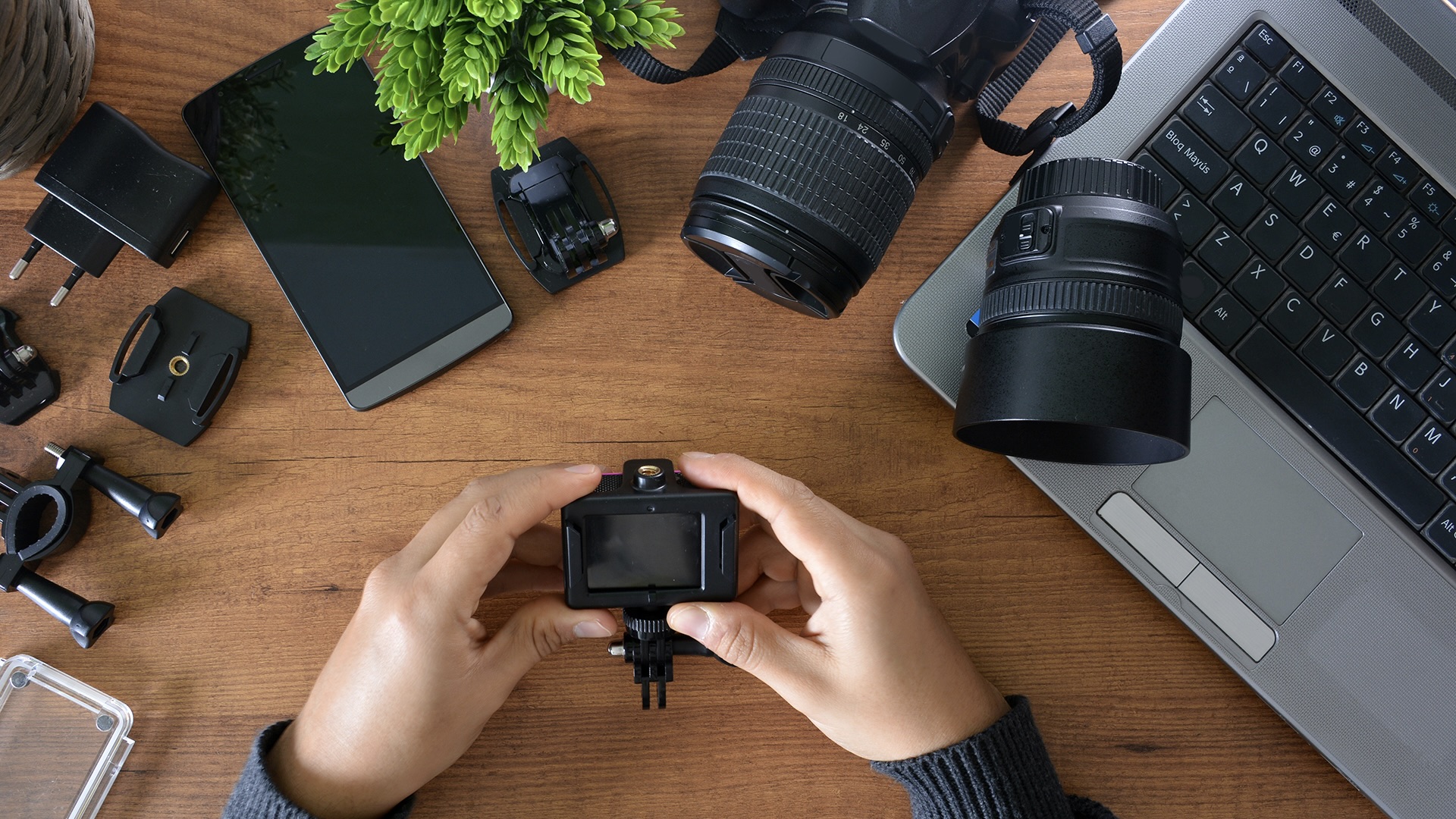
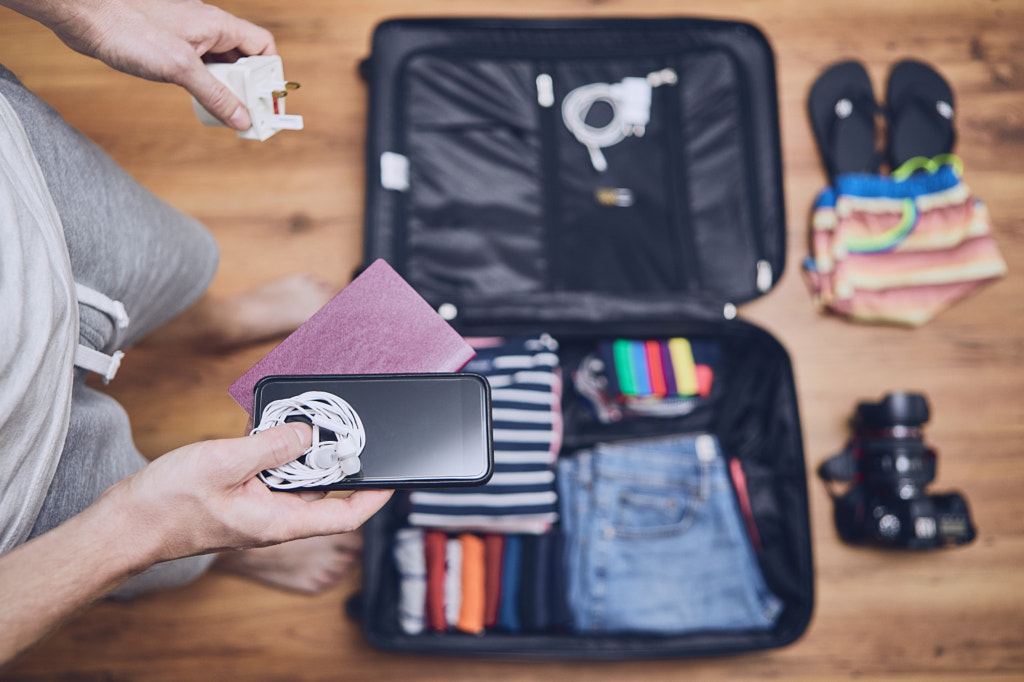
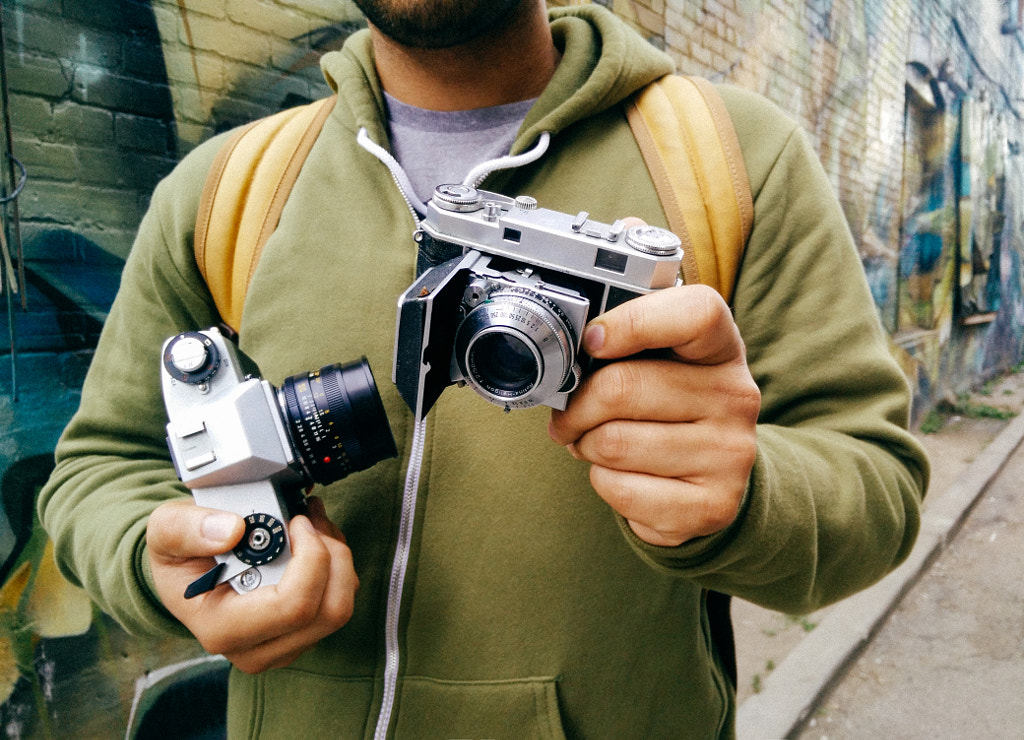
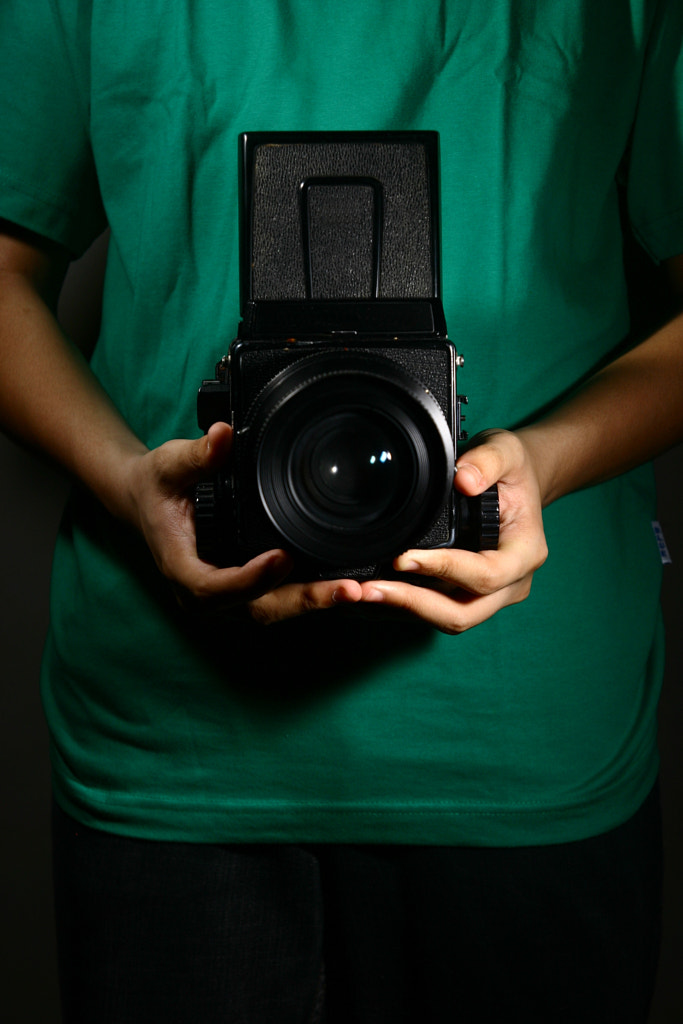
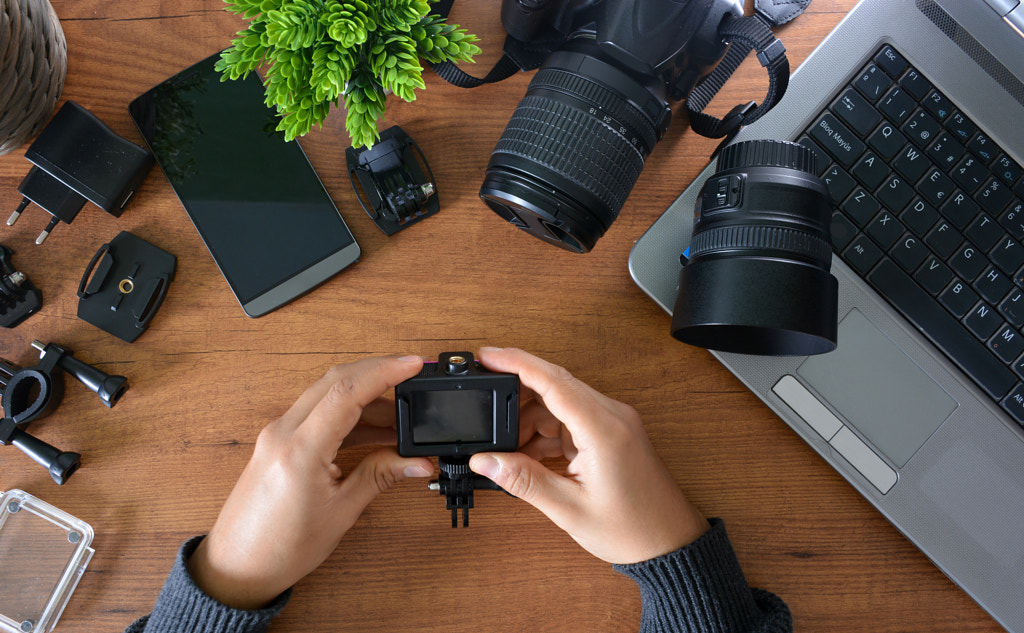
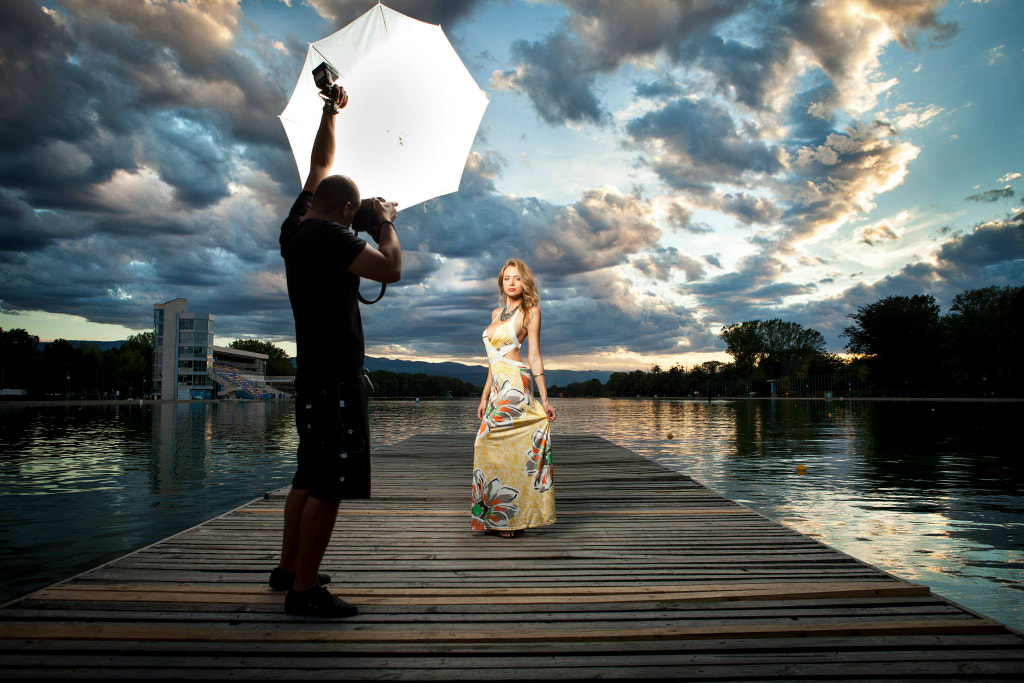
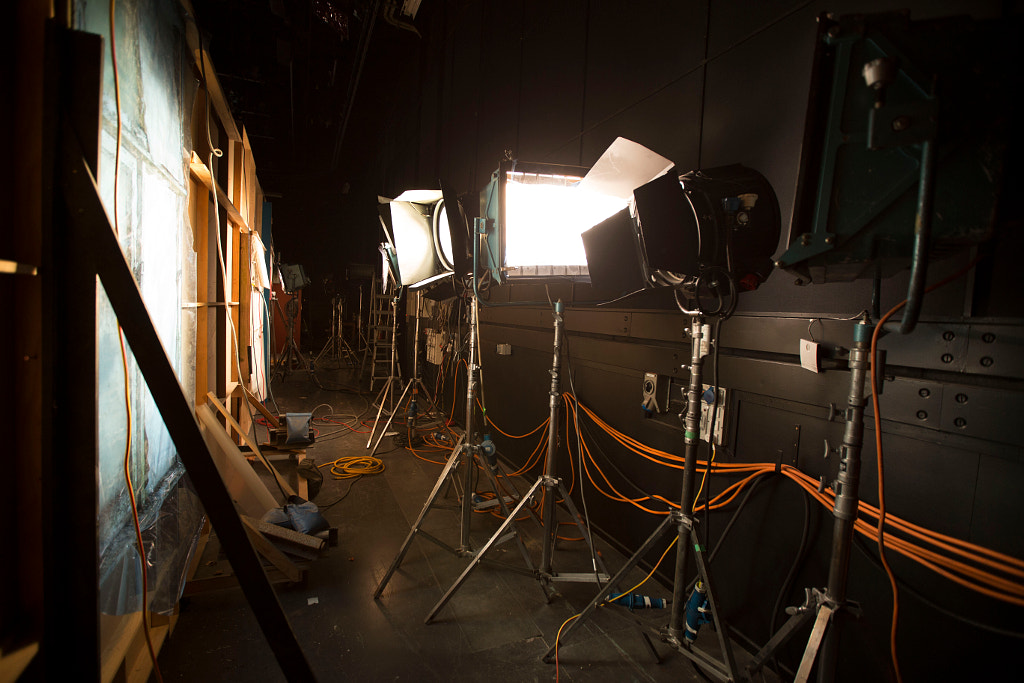
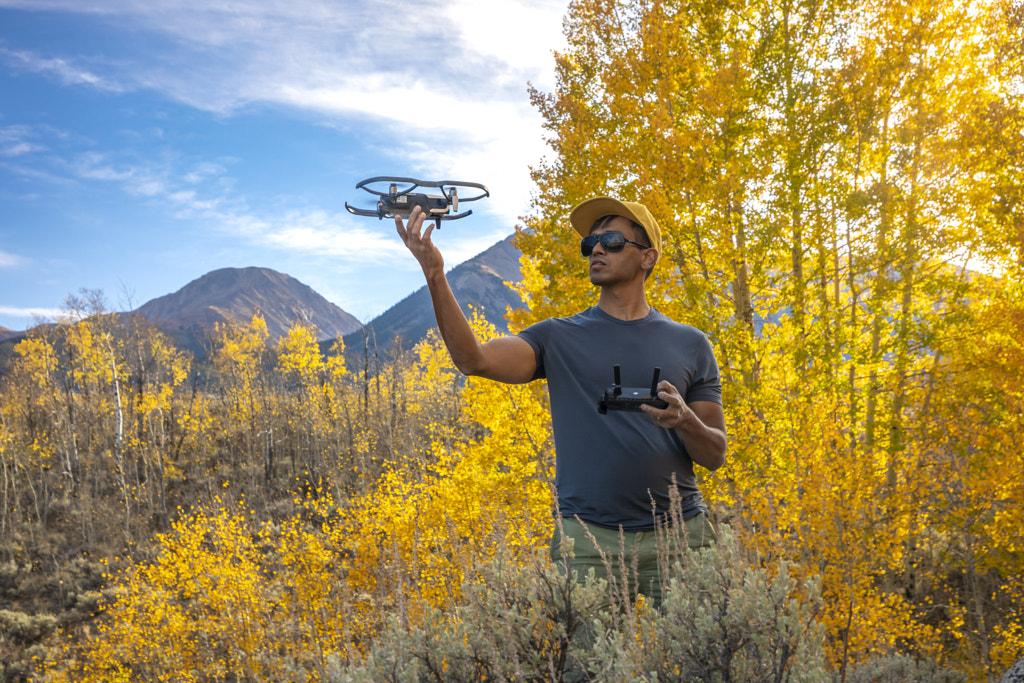
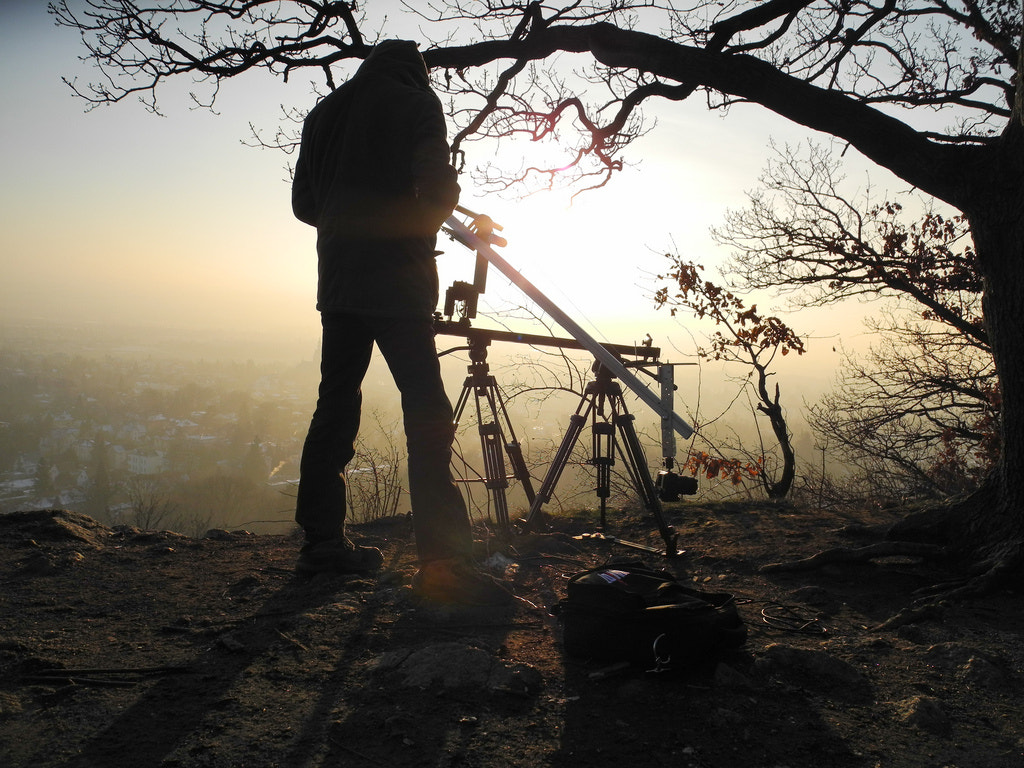
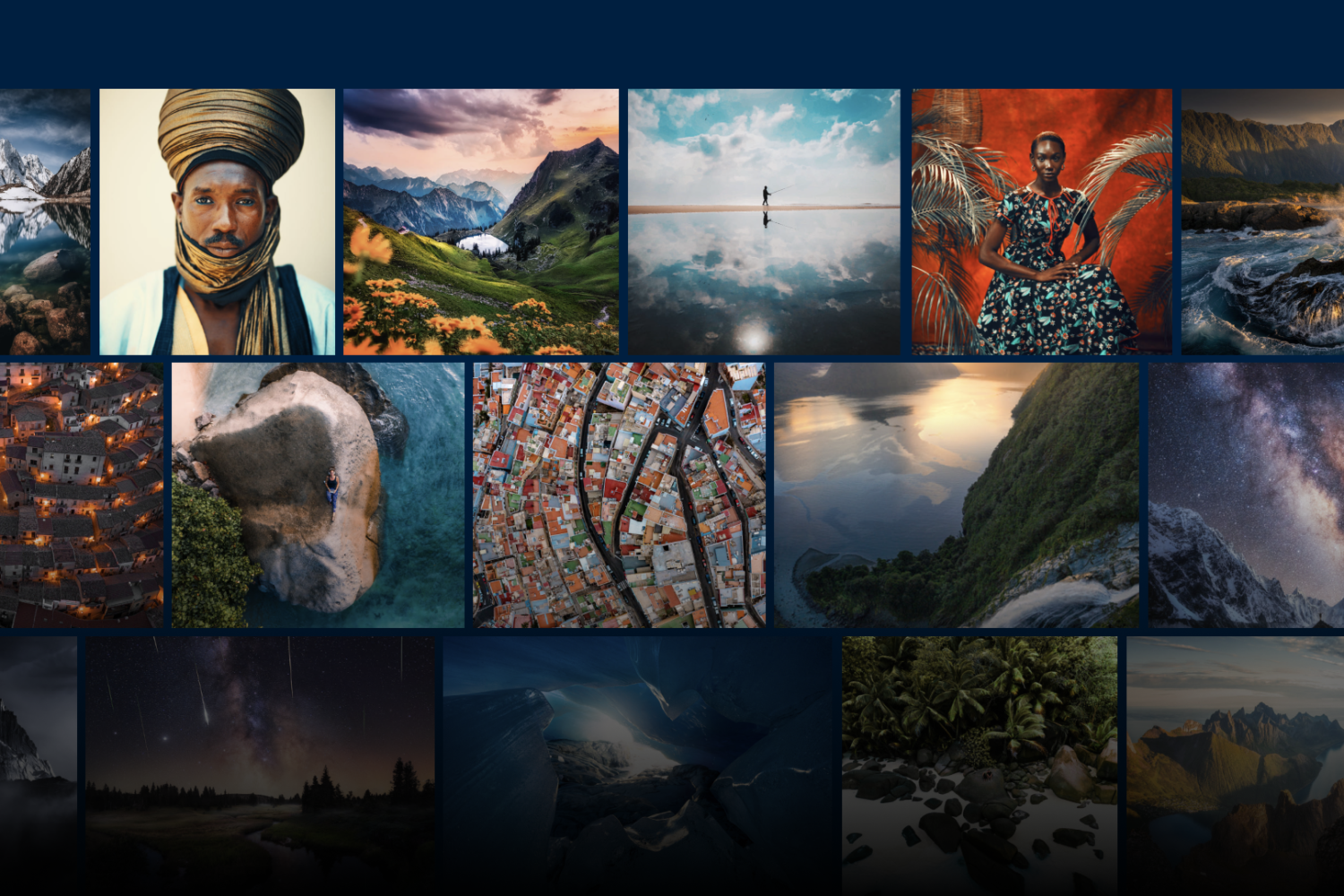

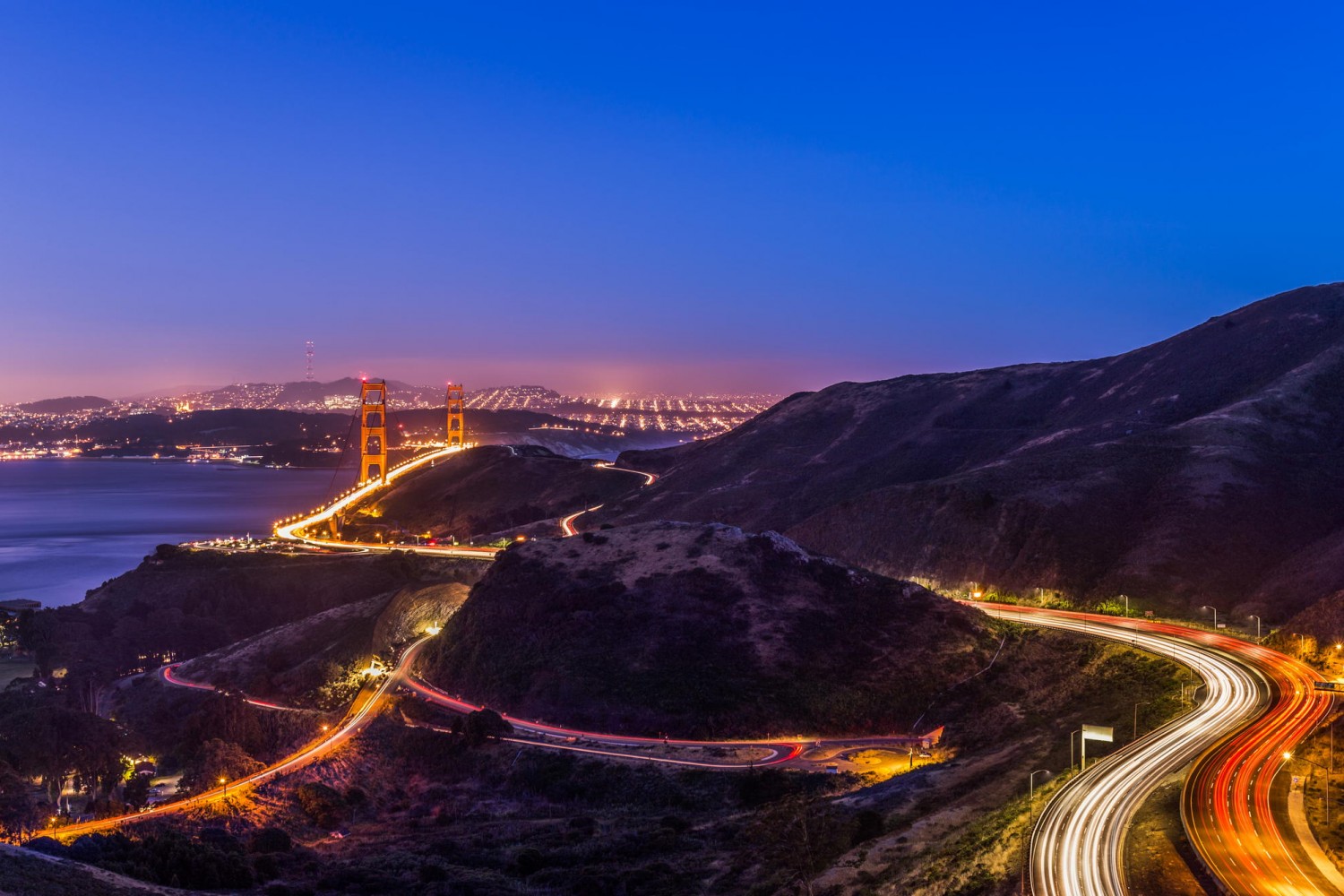
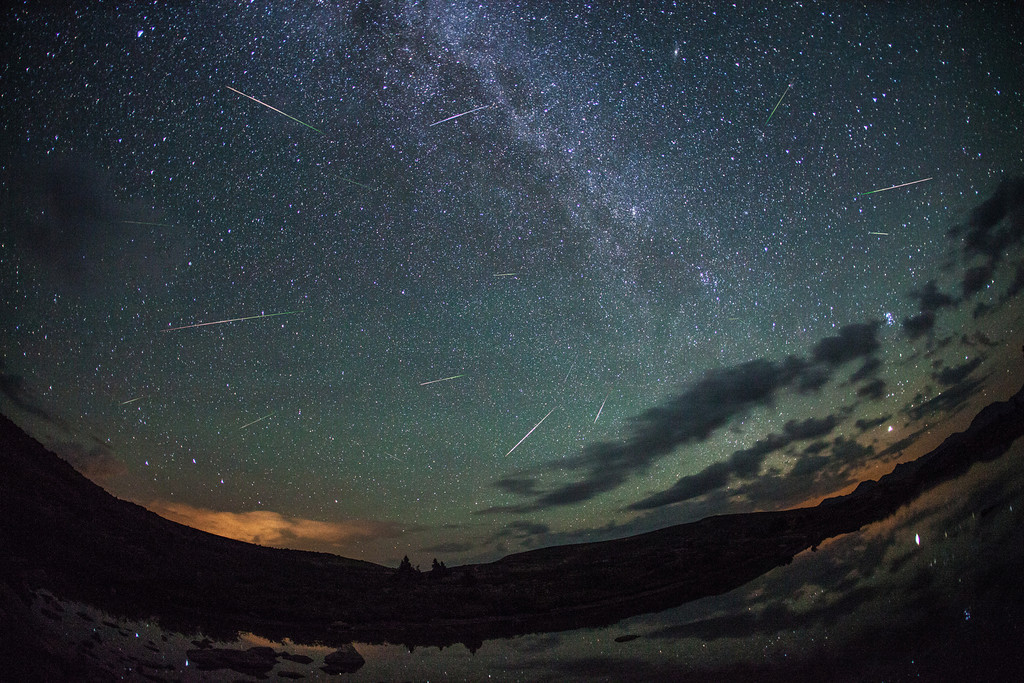
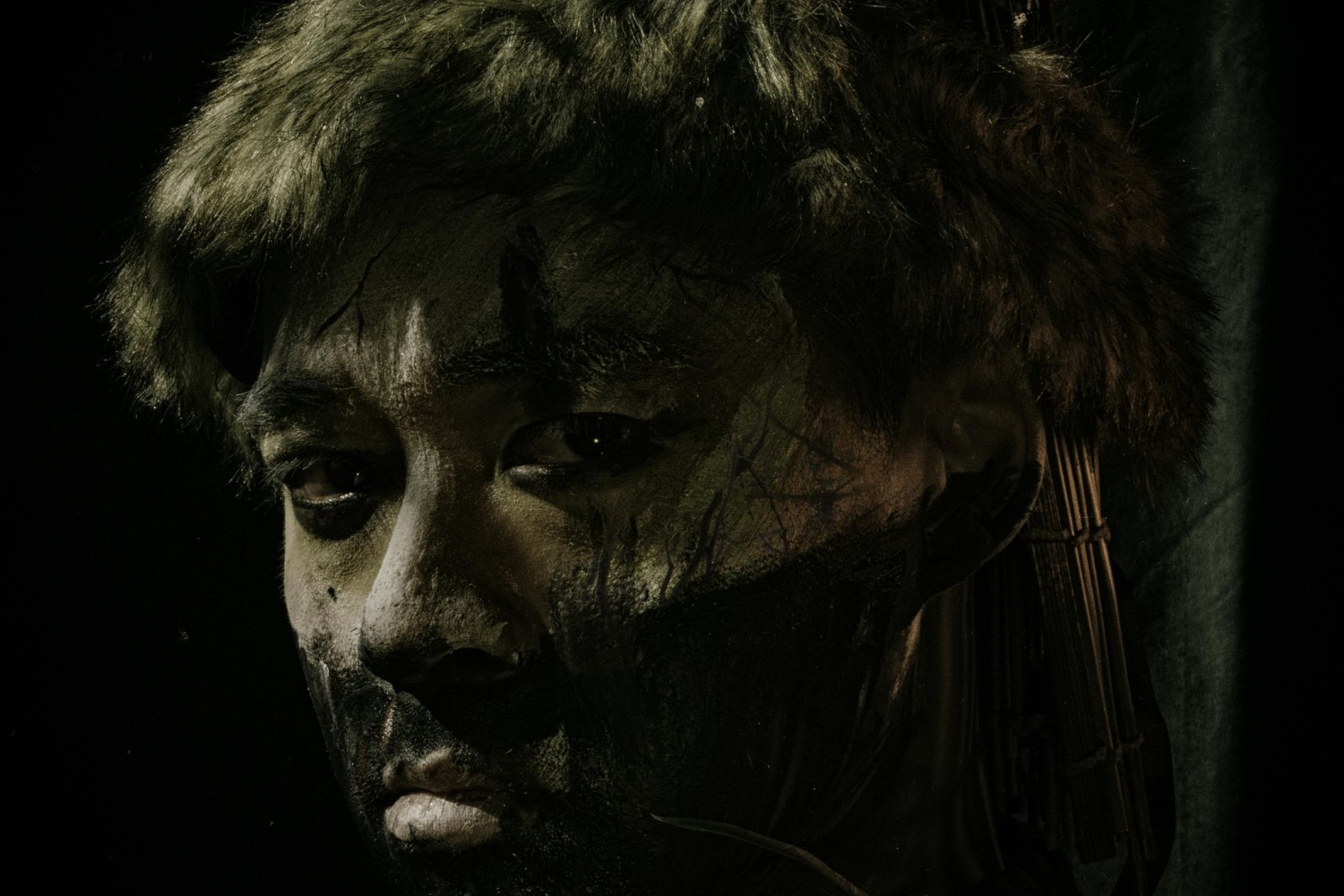
Leave a reply